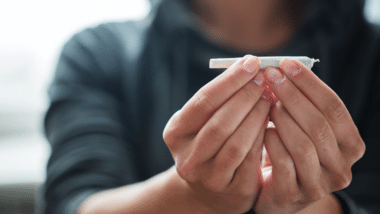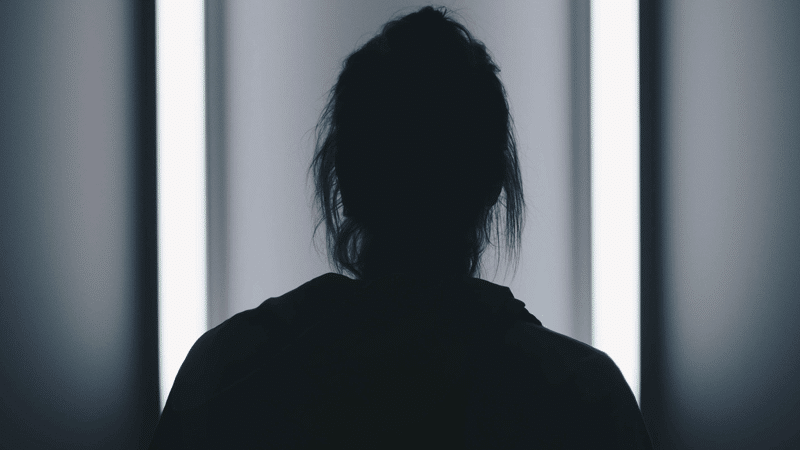A woman who used cannabis for most of her adult life has spoken of the damage the drug has done to her.
Speaking to The Guardian under the alias Jodie Sharp, the recovering 62-year-old addict said smoking the Class B drug had caused her physical and mental health to deteriorate, leaving her “sick and tired”.
In January, consultant psychiatrist Dr Tony Rao found an almost eight-fold rise between 2005 and 2021 in people over the age 55 accessing mental health services due to cannabis addiction.
Addiction
Sharp said she had started smoking cannabis resin at 17 to rebel against her parents. She realised that she was addicted in her early 30s, with years of drug use causing her lungs to hurt, her gums to bleed and her sleep to be disturbed, as well as impairing her ability to think.
Disruption in her weekly supply, as well as concerns about her health and the encouragement of a family member, led the 62-year-old to seek help to quit.
Now part way through the Marijuana Anonymous programme, Sharp told the newspaper that she is gradually feeling the benefits of life without “any mood or mind-altering substance”.
Over time, she explained: “I was able to contemplate the whole day. I got clearer thoughts. My sleep got better. I enjoyed food. I began to dream again.”
Dangers
Earlier this year, in a letter to The Times, Professor Stuart Reece, of the University of Western Australia, warned that the health risks of cannabis use go well beyond mental health issues.
He explained that cannabis can result in “damage to both the genes and the complex system that regulates and controls genes”, as well as “elevated rates of many cancers”, “dozens of birth defects”, and the “accelerated ageing of human cells”.
Research conducted by the University of Bath recently has shown the potency of cannabis has increased over the past 50 years and its effects have become progressively worse as a result.

New NHS clinic for treating cannabis psychosis overwhelmed by demand
Stronger cannabis posing greater threat to health, say experts
Cannabis addiction fuels dramatic rise in Scots seeking psychiatric help

